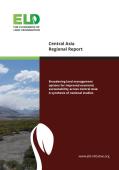
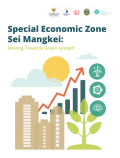
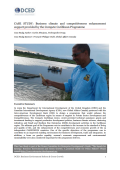
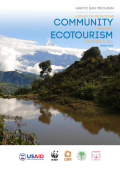
The study has explored how the local community’s involvement in the tourism activities under Community Based Ecotourism (CBET) can be increased through small interventions and partnerships.
In order to gain insight from existing CBET activities in Nepal, a rapid assessment of two existing community based ecotourism destinations, namely the Baghmara...
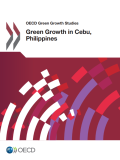
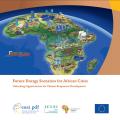
Cities globally consume up to 80% of the total global energy production and release about 75% of global CO2 emissions. Africa’s urban population is projected to triple from 400 million in 2010 to 1.26 billion in 2050, which represents nearly half of the projected rise in numbers of urban dwellers...
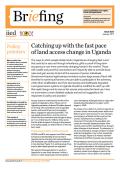
The ways in which people obtain land in Uganda are changing fast. Land that used to be secured through inheritance, gifts or proof of long-term occupancy is now more commonly changing hands in the market. Those with wealth and powerful connections are frequently able to override local rules and gain...
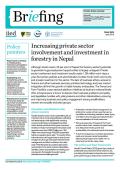
Although forest covers 40 per cent of Nepal, the forestry sector’s potential to generate huge employment opportunities is largely untapped. Private sector involvement and investment could create 1.38 million work days a year. But certain policies and administrative hurdles hinder both community and private investment in the sector. The lack...
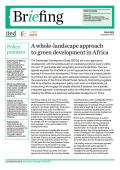
The Sustainable Development Goals (SDGs) set a new agenda for development, with the ambitious aim of eradicating extreme poverty within the next 15 years while also recognising environmental limits.
This new post-2015 agenda exposes the shortfalls of current approaches and demands a new approach to economic development. African countries are...

Our decreasing forest landscapes are under huge pressure to deliver local and global needs, from a village’s food and firewood to mitigating climate change. With demand unlikely to fall, the key issue is how we extract what we need. Governments are faced with two contrasting business models: the profit-maximising, often...
